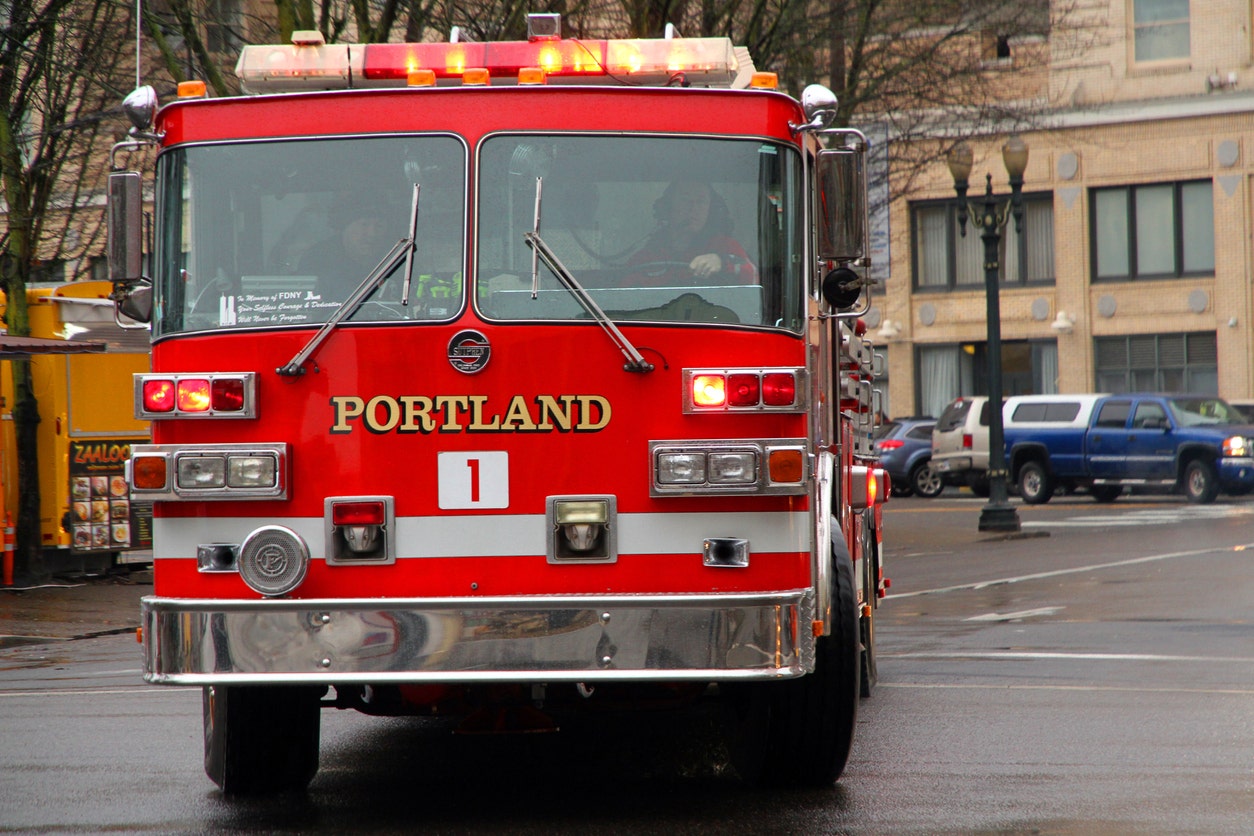A recent power outage in Portland, Oregon, led to a tragic incident where a family of five was hospitalized with carbon monoxide poisoning. The incident occurred as a result of the family’s use of a generator and cooking with propane inside their apartment. This alarming case serves as a stark reminder of the silent, colorless, odorless, and tasteless killer that carbon monoxide can be.
The Perilous Consequences of Carbon Monoxide Poisoning
Carbon monoxide is a toxic gas that can have devastating effects on the human body. When inhaled, it binds to hemoglobin in the blood, reducing the blood’s ability to carry oxygen to vital organs. This can lead to tissue hypoxia, causing damage to vital organs and potential long-term neurological effects. The most dangerous outcomes of carbon monoxide poisoning can include death, permanent organ damage, and long-term neurological effects. It is a serious threat that should never be underestimated.
The Tragic Incident
The family’s use of a generator and camp stove inside their apartment during the power outage resulted in high volumes of carbon monoxide accumulating in the living space. As a result, all five family members were found lying on the floor, exhibiting symptoms consistent with carbon monoxide poisoning. Their conscious state upon being transported to the hospital does not diminish the severity of the situation. The adjacent apartments were also checked and evacuated as a precautionary measure.
A Community in Need
The power outage, caused by a severe winter storm, left thousands of people in Portland without heat. The apartment complex, where the poisoning occurred, had been without heat since a tree fell on a powerline across the street the previous day. This significant lack of heat likely prompted the family to resort to using a generator and a camp stove indoors, unaware of the lethal consequences it would lead to.
A Call for Caution
The Portland Fire & Rescue emphasized the dangers of using generators indoors, emphasizing that carbon monoxide is a silent killer that should not be underestimated. This tragic incident serves as a stark reminder to never use generators or similar devices inside enclosed spaces. The risk of carbon monoxide poisoning is very real and can have life-threatening consequences.
A Community Response
Isabela Royer, a neighbor who witnessed the harrowing events, described the urgency and desperation of the situation. One of the family members knocked on her door, seeking help for their dire situation. The prompt actions of Isabela and another individual from the family are commendable, as they worked to get the family members out of the apartment and into fresh air, potentially saving their lives.
Expert Advice on Carbon Monoxide Poisoning
Dr. Dung Trinh, a brain health expert, provided valuable insights into the effects of carbon monoxide poisoning. He highlighted the varied impacts it can have, depending on the severity of exposure and individual factors. Vulnerable populations, such as infants, the elderly, pregnant women, and those with pre-existing respiratory or cardiac conditions, are at the highest risk. This underscores the importance of raising awareness about carbon monoxide poisoning and taking necessary precautions to prevent such incidents.
Prevention and Awareness
The availability of warming shelters throughout the county, as mentioned by Lieutenant Terry Foster, serves as a crucial resource for individuals who are unable to warm themselves safely during power outages or extreme weather events. Additionally, being proactive in installing and maintaining carbon monoxide detectors in residences can significantly reduce the risk of carbon monoxide poisoning and potentially save lives.
Conclusion
The unfortunate incident in Portland, Oregon, serves as a sobering reminder of the dangers posed by carbon monoxide. It is essential for individuals and communities to be vigilant and prioritize safety measures, especially during power outages and adverse weather conditions. By being informed, prepared, and proactive, we can minimize the risks associated with carbon monoxide poisoning and ensure the well-being of ourselves and our communities.
By Melissa Rudy


